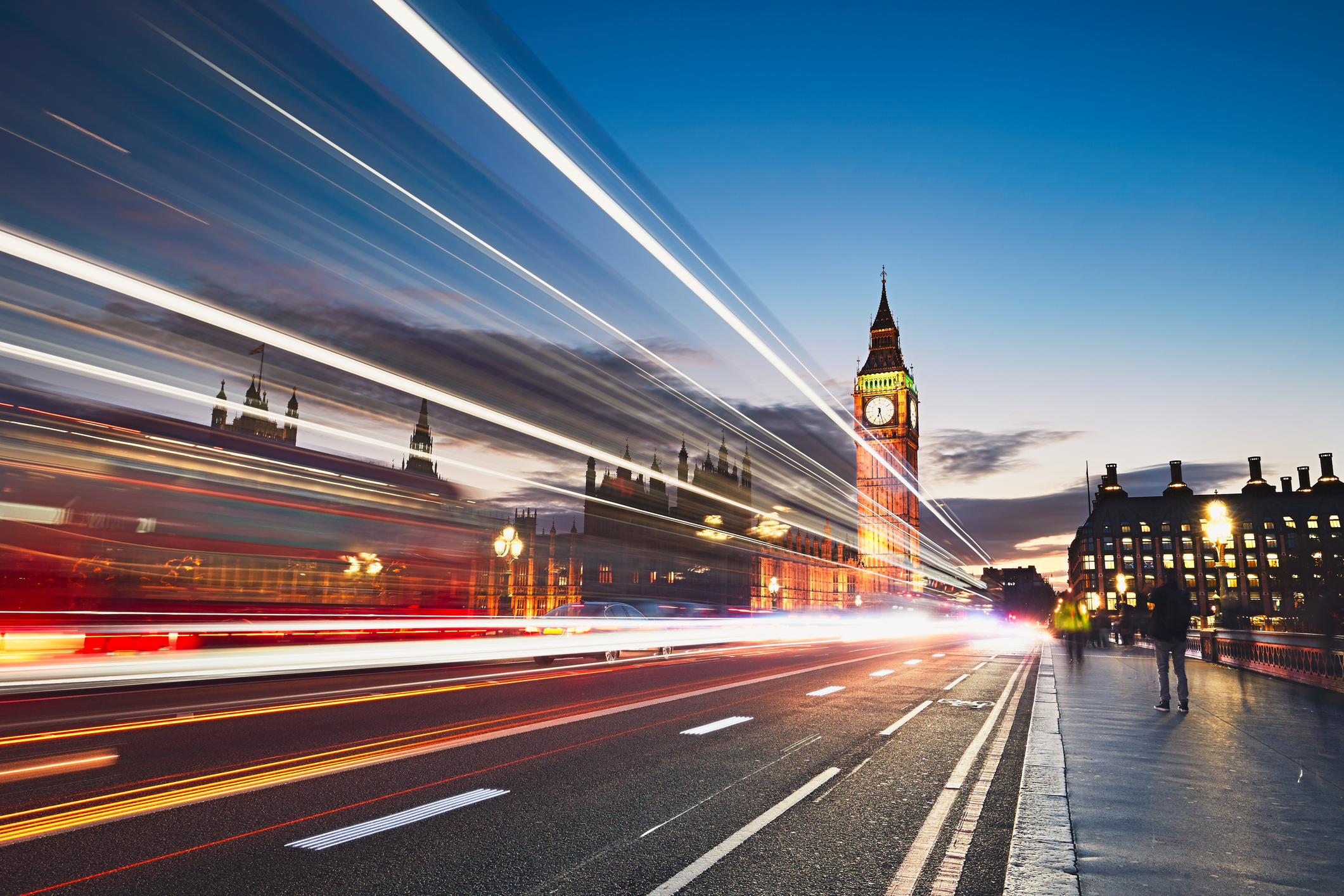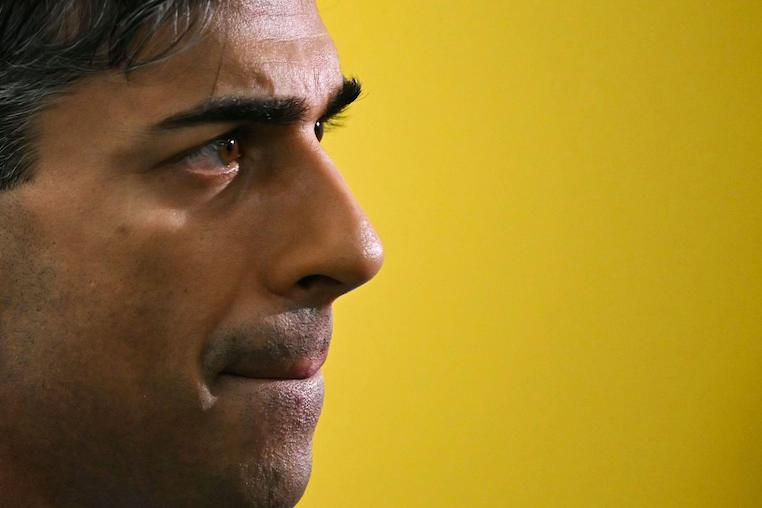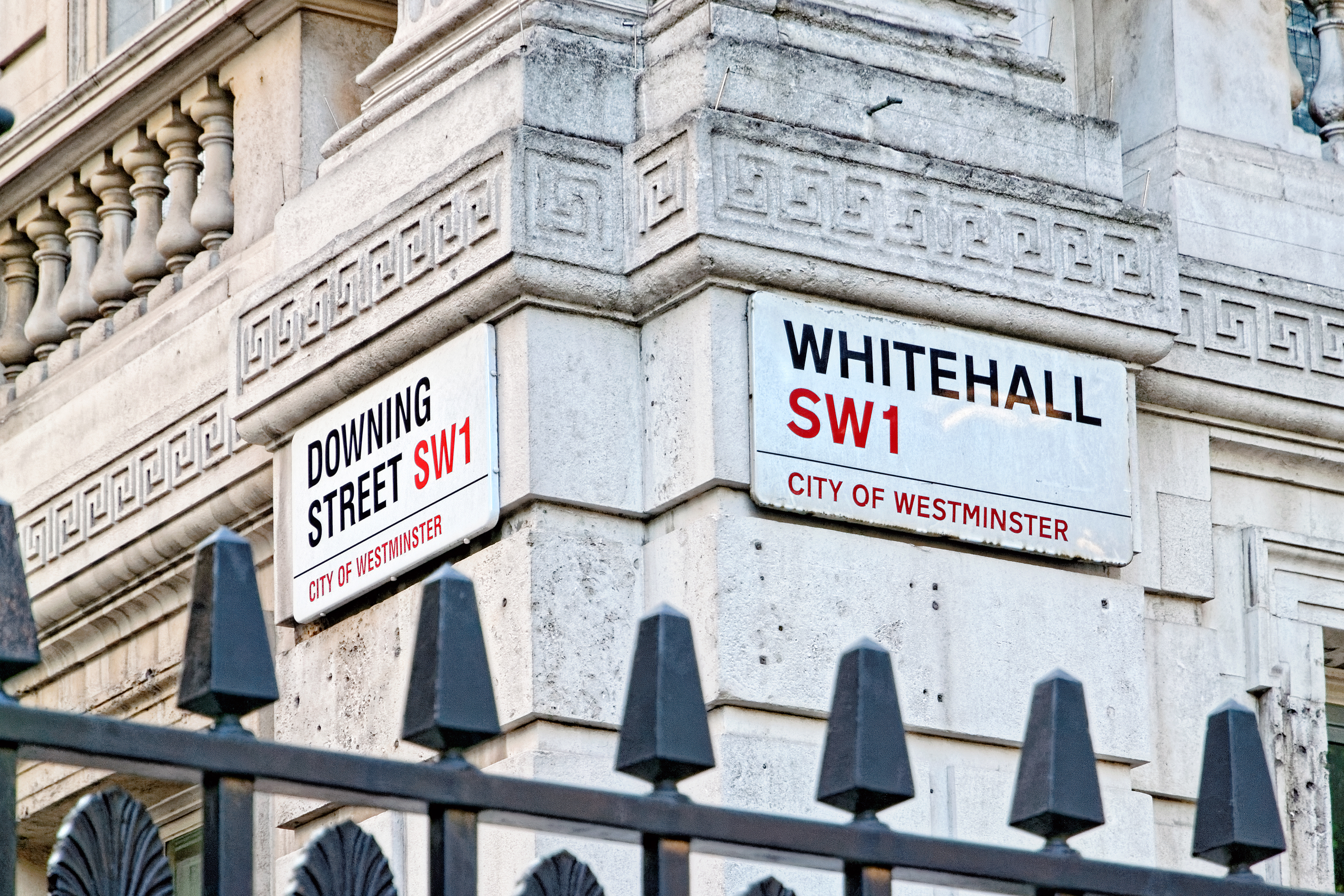What is British Summer Time?
is the practice of putting the forward by one from standard (GMT), between late March and late October each year.
During the months, provides people with an of in the evening, rather than in the mornings when people are still in bed.
marks the beginning and the end of the official season. The go forward at the start of the period (the last Sunday in March) and back one at the end (the last Sunday in October).
was first established by the 1916 after a campaign by builder, William Willett.


The UK is amongst a number of countries throughout the world that adjust their forward for the . The practice is also followed by most of mainland Europe, the United States, Canada, New Zealand, Mexico and Brazil.
In contrast, those countries choosing not to make a and remain on the same throughout the year include Russia, China, Japan, India, and Iceland.

Campaigns to move the UK’s further forward involve a particularly wide coalition of interests
Suggested reforms to
The political debate in the is periodically punctuated with calls for the to be put further forward, both in the and the .
The most commonly advanced reform is somewhat confusingly referred to, as UK Single and (SDST).
Under these proposals, the would still go forward and back each year, but the UK would now exist on GMT +2 hours in the , and GMT +1 hours in the .
Put more simply, this suggestion involves putting the UK forward one throughout the entire year. This would put the UK into the .
This proposed reform would provide a further of to people through much of the evenings. In the , the would again make it lighter in the evenings, albeit the mornings would become noticeably darker, particularly in the middle of .
An alternative variation to this reform is one where the UK would simply remain on throughout the year. The UK previously experimented with such an approach between 1968 and 1971.
Arguments behind moving the further forward
The political debate around moving the one further forward in the UK, both in the and the (the so called SDST reform) is interesting in part because of the sheer diversity of arguments that are put forward to support the . These include:
1. Supporting road safety
Supporters of a to the so called ‘Single and ‘ most frequently cite the benefits that they believe would follow in terms of road safety.
In 2009 a report by the House of Commons Public Accounts Committee published evidence which suggested that as many as 80 lives would be saved each year on Britain’s roads if the were moved permanently forward.
The Road Safety Charity ROSPA has previously said that the would also avert a further 212 serious injuries each year.
In 2015, the Parliamentary Advisory Council For Transport Safety argued that as many as 50 lives would be saved from moving the forward. Its logic was that the reduction in collisions that would occur during the hours that were made lighter (in the evening), would outweigh the increase in the number of collisions in the hours that would now be made darker (in the morning).
2. The gain in wellbeing
Those campaigning for a wider in the UK’s point to the benefits in public wellbeing and public health that would flow from the adjustment. For example, the extra in the could lead to a potential increase in vitamin D intake.
It is suggested that the of light in the evening would support people in taking more exercise whether that be gardening (the UK’s most common outdoor leisure activity) or in playing sport. The is supported by both the Football Association and the England and Wales Cricket Board.
With statistics suggesting that people are 50% less likely to develop chronic mental illness if they are involved in sport and physical activity, moving the forward is also presented as a means of improving mental health. In particular, the proposed is linked to a reduction in Seasonal Affect Disorder, a form of depression related to the lack of exposure to light, something which the charity MIND, has previously suggested impacts as many as 7% of the population each year.
3. Reducing crime
It has also been suggested that moving the forward in both the and the may contribute to a reduction in crime. Data from the British Crime Survey has suggested that half of all criminal offences occur during the hours of darkness. Far more of these crimes however, occur at night and during times of dusk, rather than at dawn.
Campaigners advance that moving the forward would not only make people feel safer as they walk home in the evenings, but would also reduce the level of criminal activities.
4. Supporting the elderly
Campaigners for a also include campaign groups for the elderly, who suggest the adjustment would open up more opportunities for older people.
The charity Age UK has been particularly supportive of the in the past, arguing that many old people currently won’t travel out of their homes in the dark.
5. A boost to the economy
It has been suggested that increasing the amount of in the evening will boost the economy. During previous discussions on this issue, the British Association of Leisure Parks, Piers and Attractions (BALPPA) has suggested that the might increase revenues in the tourism sector by between £2.5 Billion and £3.5 Billion per year, generating between 60,000 and 80,000 extra jobs in its wake.
6. Combating climate
It is also suggested that gains resulting from would reduce energy consumption. Electricity use is thought likely to drop from using less lights indoors, and from being more active and remaining outside in the .
As such, changing the is positioned as a potential further weapon that could be used to combat climate .
In 2010 researchers at the University of Cambridge, suggested that extending through the could save 500,000 million tonnes of carbon dioxide each year. The researchers likened these savings to an amount equivalent to three quarters of the annual energy output of the city of Glasgow.
The Buildings Research Establishment has though taken issue with these claims. It has suggested that the to GMT +1 in the may cause people to put extra lights on during the morning. Pending people’s behavior, if these lights were then left on during the day, they suggest that in the , it is possible that energy demand might actually increase.
What is the opposition to changing in the ?
In light of the diversity of interest groups that would appear on first glance to support moving the further forward in the , it might seem surprising that such has not materialised.
Historically the debate on changing the has met with opposition from agricultural groups, although the National Farmers Union officially remains neutral on the issue.
In recent years it has been suggested that a in the would have a lesser impact on the farming community given technological developments in machinery and lighting. A number of livestock farmers though, claim that the switch would have a detrimental effect on both their practices and animals, and they may be less able to adjust to the .
There has also been historic opposition from other sectors, such as construction and postal workers, where the working day typically starts earlier.
Others opposed to the have suggested that moving the forward an , particularly in the , would require many children (particularly in the north of England and Scotland) to walk to school during darker mornings. This is said to have its own conflicting safety implications.
The most significant opposition to moving the further forward has come from Scotland. Scotland’s closer proximity to the pole would make its morning’s particularly dark as a result of these changes.
In a quirk of the current devolution arrangements, is a devolved matter for , but remains reserved to Westminster for Scotland and Wales.
Without consensus for between Scotland and England, the government in Westminster says it has no plans to unilaterally the current arrangement. Indeed, within the context of the current devolved arrangements, it would be politically toxic for it attempt to do so.
The history of
(GMT) was established in 1884 at the International Meridian Conference, when it was decided to the place the Prime Meridian at Greenwich, England.
was first given a statutory footing in the UK through the Summertime Act 1916.
was temporarily introduced to support the effort from 1941 to 1945.
In the 1960s, the government decided to test support for continuous . A three year experiment was introduced from 1968 to 1971 when (GMT+1) was applied throughout the year. However the government concluded that the benefits of that experiment was inconclusive.
The ensuing Summertime Act of 1972 sets out the current methfod of calculation.
Over the years, there have though been some further legislative attempts to the current system.
In 2010-2011, the Conservative MP Rebecca Harris introduced a Private Member’s Bill (the ) that would have required the production of a cost benefit report on advancing the by one throughout the year for the whole UK (known as ), and to permit a fresh three year trial to take place. However, her Bill met with considerable opposition in the House Commons and eventually ran out of during its report stage in January 2012.
In 2012, the coalition government undertook a review into the potential changing of the , but as of today, the current system remained unchanged. .
Although no longer relevant to the UK post Brexit, in 2019, the European Parliament voted to scrap an EU-wide rule that required its member countries to practice . From 2021, European countries in the EU will have the right to choose whether to stay on either permanent or .
During the first quarter of 2021 amidst a of coronavirus lockdown, the Conservative MP, Tobias Ellwood suggested that with many people restricted to their homes, the should temporarily be moved forward in February, as part of steps to improve national morale.
Statistics
59% would opt to remain permanently on , sacrificing light in the morning in the for more on evenings. [Source – Yougov – March 2019]
Only 22% would prefer to fix the to , granting more light on mornings but an earlier sunset on nights. Amongst those in Scotland the equivalent figure was 28%.[Source – Yougov – March 2019]
https://www.politics.co.uk/strangers-bar/2021/10/30/changing--why-do-our--go-back/
Quotes
“Sunlight brightens our day: it lifts morale, raises our spirits and encourages outdoor activity. Yet as we advance towards spring, ever more of us rise after sunrise but stay awake long after sunset, effectively wasting “. ..”Transferring an of from the morning to the evening would make far better use of this valuable free commodity”. Tobias Ellwood, MP, 2021.










